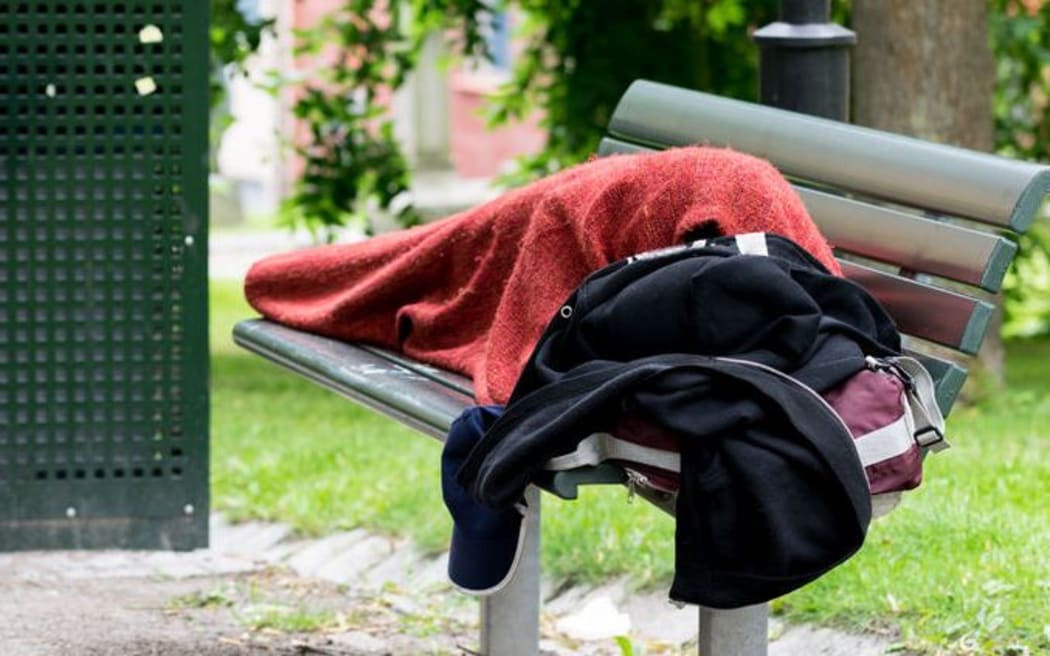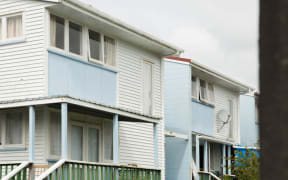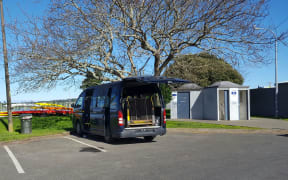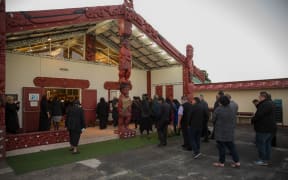More and more people are sleeping rough in south Auckland, and the government's initiatives to try to deal with homelessness aren't working, community workers say.

The People's Project has housed 127 people in just over a year. Photo: 123RF
In the past month, two homeless men have died in Auckland - one in Onehunga on a cemetery bench and another on the steps of the Manurewa Methodist Church.
At a meeting in Manurewa last night, organised by Green MP Marama Davidson, there were calls for more to be done to tackle the issue.
One of them was Debbie Munroe who, for the past four years, has been feeding and clothing the homeless and needy around Manurewa.
Ms Munroe said when they started, they were feeding four people. Now it's up to 35 people, three times a week.
But she said that's just the tip of the iceberg in the Manurewa area.
"We're not hitting the families that are living at Weymouth Beach, we're not hitting the families that are probably sleeping in one of your parks around this area, which really bugs me, because as far as I'm concerned, no one in New Zealand should be sleeping in cars, especially with our tamariki."
Ms Munroe said she's been shocked by some of the problems she and her team have found over the past year.
She said she came across a woman on the street who had boils on her leg that were so bad she couldn't stand.
"I went up and said, 'why haven't you been to a doctor?'. Do you know what her response was? 'Doctor told me to go away because I couldn't afford the money'.
"I went, 'oh my God what is the doctor's name?' She wouldn't tell me, she's probably very lucky she didn't tell me, because I would have gone in there and had a titty-fit. We rushed her up to hospital. Blood poisoning up past her leg, if we hadn't done it that night, she would have lost her leg."
'They didn't even have anywhere to go to the toilet'
Ms Munroe said people who were homeless did not have money to buy anything, let alone see a doctor.
But there were other indignities, she said.
"Right up until last week they didn't even have anywhere to go to the toilet. They had to pee and poo around the shops, in a bush, because the toilets would not be open for them. Only recently have our toilets been opened. How bad is that? Think about it, not being able to go and sit on the toilet."
Ms Munroe wanted there to be an all-night cafe in the area, where homeless people could get something to eat, sit down, watch television, and come and go as they please.
She said the government's plan to provide people with emergency housing, by putting them up in motels, wasn't working.
"They're coming back into the street, because our guys do not want to live in cockroach-ed, rat-climbing motels. It's cleaner in the street and their families are in the street and they've got the support in the street."
Robert Marriner lived on the streets of west Auckland for years, but in May he got a house of his own.
He said it had been hard adjusting to living under a roof by himself, and sometimes he did miss his life on the streets.
But he said the homeless problem was getting worse - as were the problems with synthetic drugs.
"It's really getting worse and worse...you've got all of these people, all of these politicians, and all of these drug and alcohol counsellors, you've got all of these things, but somebody can run a synthetic counselling programme, unless somebody can run something that deals with synthetics, the thing is it's not going to go away."
Mr Marriner said people could start helping the homeless by treating them with respect.





